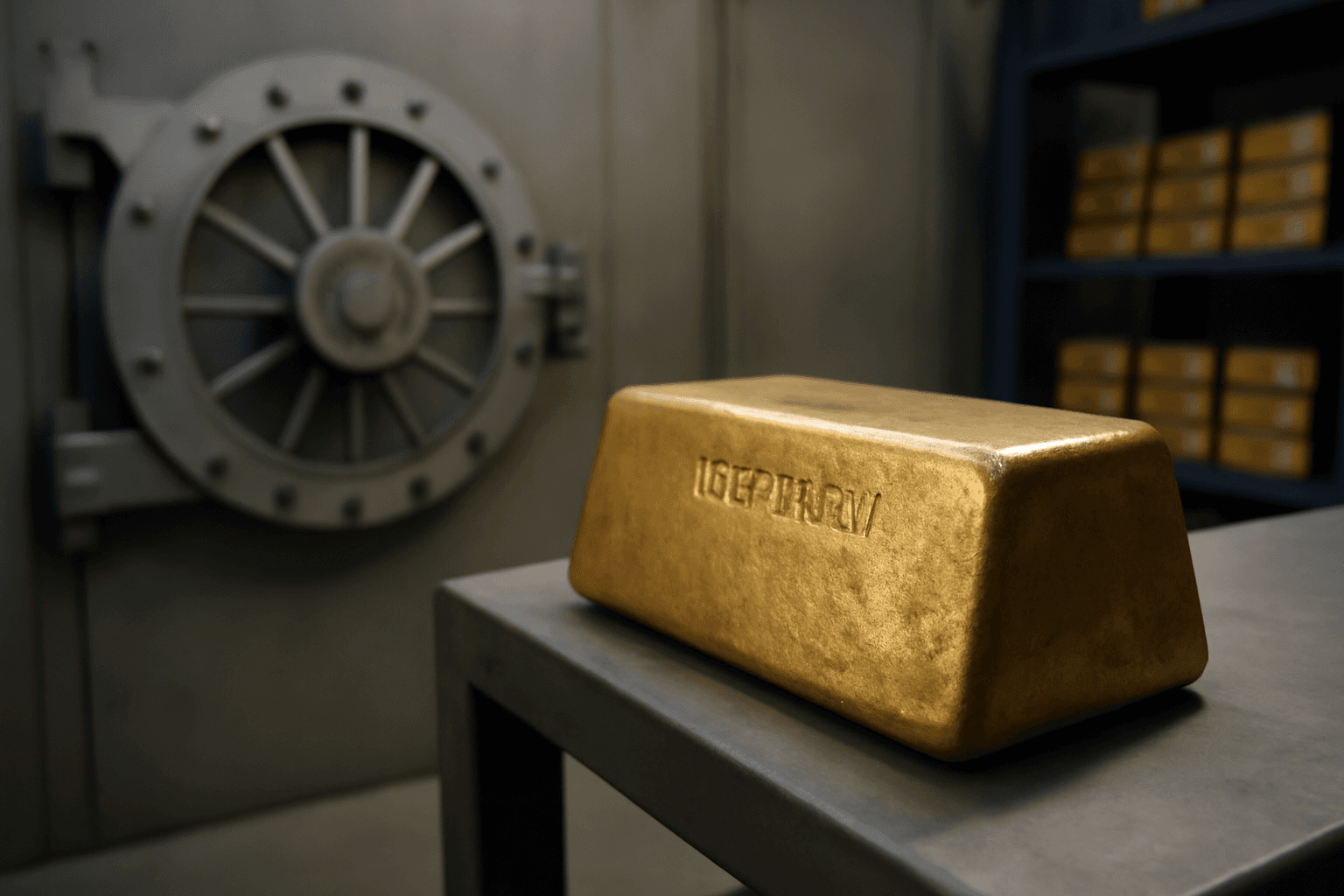Frankfurt: The security of Germany's substantial gold reserves stored abroad, particularly at the Federal Reserve Bank of New York, has gained renewed public attention following Donald Trump's return to the White House.
Germany's central bank, the Bundesbank, manages the world's second-largest gold stockpile, totaling 3,352 tonnes, with roughly one-third held in New York. This arrangement dates back to the Cold War era and post-World War II monetary frameworks.
Historically, debates over the location of Germany's gold have been confined to far-right parties like the Alternative for Germany (AfD) and gold investment advocates, who have long advocated for repatriating the reserves. However, Trump's confrontational approach toward traditional allies on trade and security, along with his criticism of the Federal Reserve, has brought the issue to broader political discourse.
Recently, the German Taxpayers Federation urged the Bundesbank and the Finance Ministry to repatriate the gold held in the United States, expressing concerns about potential U.S. control over these assets amid Trump's attempts to influence the Federal Reserve. Michael Jaeger, the Federation's vice-president, emphasized, "It's our money, it should be brought back."
Markus Ferber, a German Christian Democrat and European Parliament member, voiced skepticism about the reliability of the U.S. under Trump's leadership. He suggested the Bundesbank's gold storage policies must adapt to shifting geopolitical realities, warning that the unpredictability of the U.S. administration could pose risks to foreign reserves.
German public broadcasters ZDF and ARD have spotlighted these concerns, questioning the safety of the Bundesbank's gold in New York.
In response, the Bundesbank affirmed the Federal Reserve Bank of New York remains a "trustworthy, reliable partner" for gold storage. The German Finance Ministry deferred to the Bundesbank, underscoring the central bank's independence.
Any move to relocate gold reserves would carry political sensitivity, potentially signaling distrust in the Federal Reserve and impacting international financial relations. The European Central Bank recently reiterated its confidence in the Fed despite President Trump's frequent critiques of Fed Chair Jerome Powell.
Peter Boehringer, an AfD lawmaker and original advocate for gold repatriation, expressed vindication as his previously marginalized concerns gain mainstream attention amid the changing political landscape.
Germany amassed much of its gold reserves during the 1950s and 1960s export boom, storing a portion in New York during the Cold War to shield assets from potential Soviet aggression and to reinforce military alliances with the United States. Although 300 tonnes were returned between 2014 and 2017 to boost domestic confidence, Russia's invasion of Ukraine has further complicated geopolitical considerations.
Ferber highlighted the importance of diversification in gold storage locations, noting that Germany's reserves are currently held in Frankfurt, New York, and London. This strategy aims to mitigate risks associated with geopolitical shifts, although specific future storage plans remain undisclosed.
Fritz Guentzler, Christian Democrats spokesperson, stated that while there is no reason to mistrust the Federal Reserve, the Bundesbank should continue rigorous oversight of its holdings. The Bundesbank confirmed it regularly conducts audits and has inspected 13% of the New York gold reserves over recent years.
As Germany navigates these geopolitical complexities, the debate over the safety and location of its gold reserves underscores the broader challenges faced by nations in safeguarding critical financial assets amidst evolving international dynamics.

